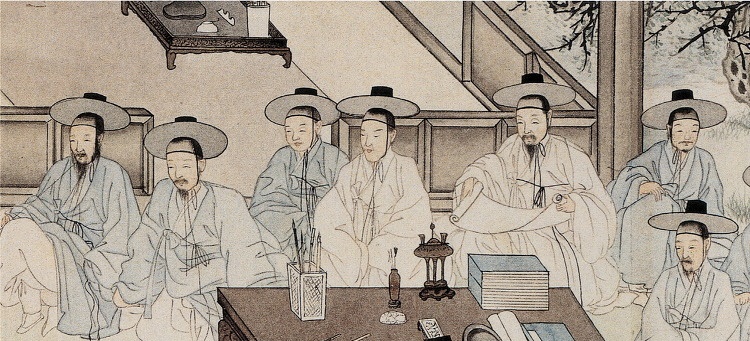Cinema of China: Tradition, Art, and Modern Mastery

The Cinema of China is one of the world’s most culturally dense and historically rich film industries. Dating back to the early 20th century, Chinese cinema has evolved from its theatrical, traditional roots into a worldwide celebrated power in both artistic and commercial filmmaking. It contains a broad range — classical folklore and martial arts epics through to modern dramas and internationally celebrated arthouse films.
Chinese film is recognized for its rich narration, symbolic imagery, and deep emotional resonance. The early movies were greatly influenced by opera and literary classics in Chinese literature, and remnants of this can still be found in period dramas and historical epics in existence today. Political movements in the mid-to-late 20th century contributed significantly to the themes of the films, particularly during the Cultural Revolution. But the subsequent reform period led to what is referred to as the “Fifth Generation” of film makers — a new generation that brought Chinese film to the world stage. Zhang Yimou, Chen Kaige, and Jia Zhangke, among others, opened the world’s eyes to tales drawn from Chinese life but narrated in international movie vocabulary.
During the 2000s, China’s film industry experienced a new golden age. As high-budget films became more prevalent, improvements in movie technology, and a huge domestic market, China emerged as one of the world’s biggest film markets. Entries such as “Crouching Tiger, Hidden Dragon,” “Hero,” “House of Flying Daggers,” and “The Wandering Earth” proved China could combine traditional artistry with contemporary spectacle.
Chinese film has also excelled in martial arts (wuxia), epic fantasy, romantic dramas, and social realism, with a distinct narrative style that captures the philosophies, values, and geographic diversity of the country. Such actors as Jet Li, Gong Li, Tony Leung, and Zhao Wei have become international celebrities, unifying Eastern and Western film.
Today, the Chinese film industry continues to thrive, producing films that dominate both box offices and film festivals. Its global collaborations and participation in international cinema have made Chinese storytelling more accessible and appreciated worldwide.
The Cinema of China is more than entertainment — it is an introduction to an old and complex culture, given expression through the filter of progressive modernity. From poetic vistas and historical perspective to visions of the future, Chinese cinema is still entrancing audiences with elegance, emotion, and strength.
